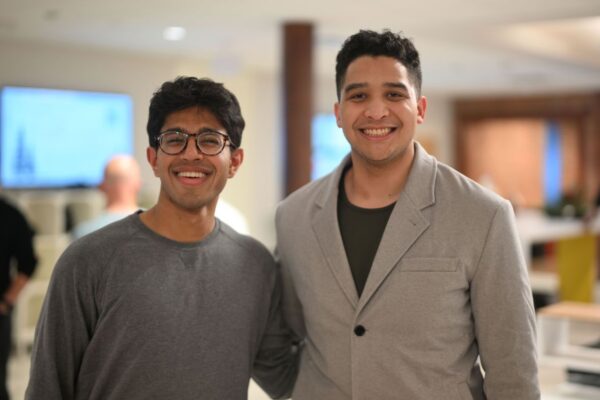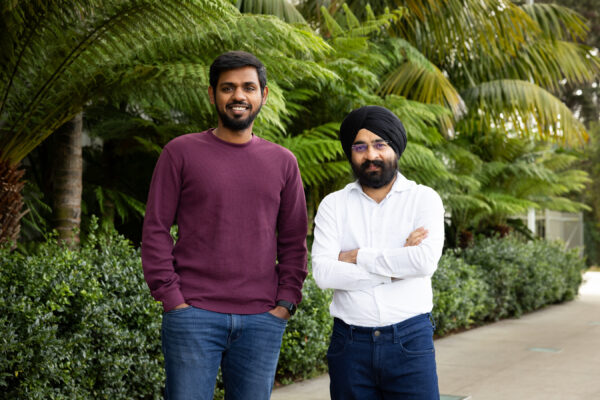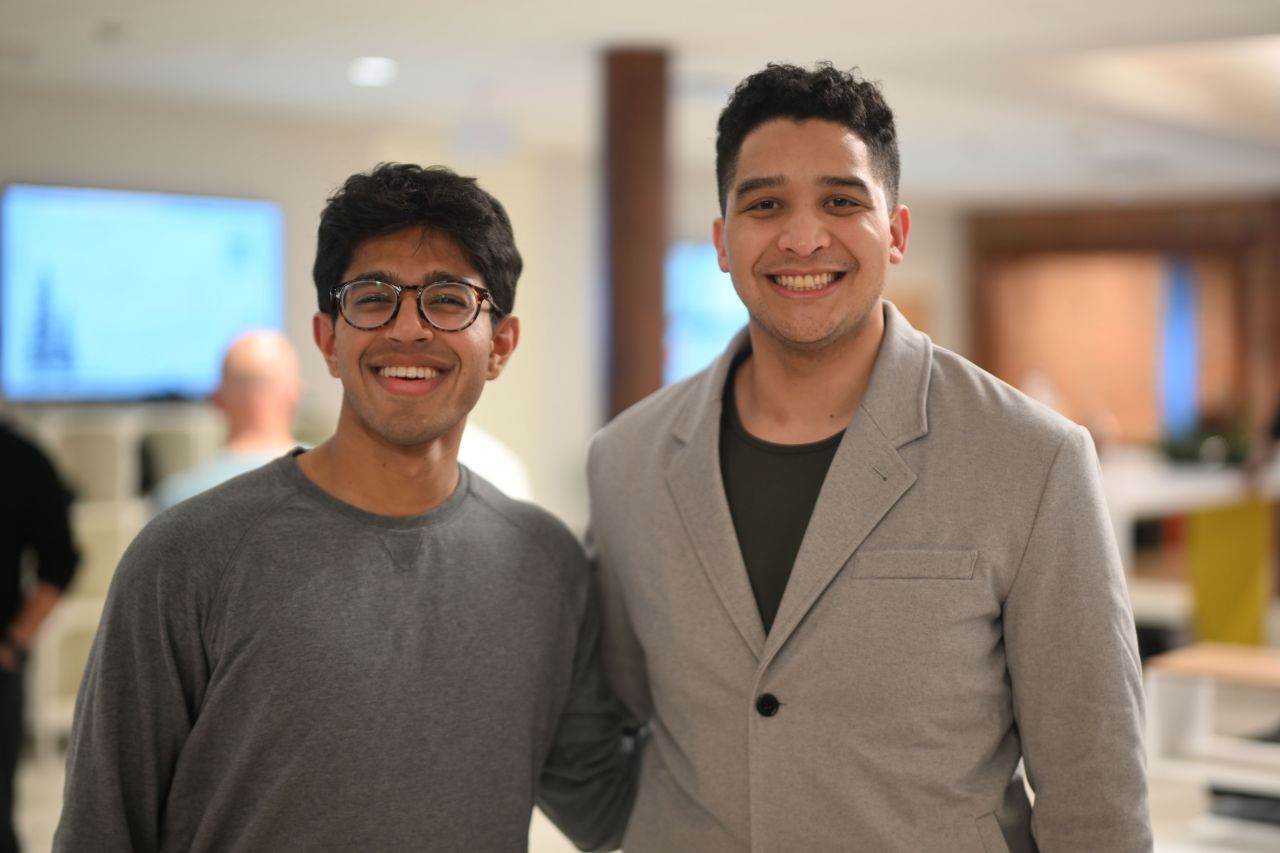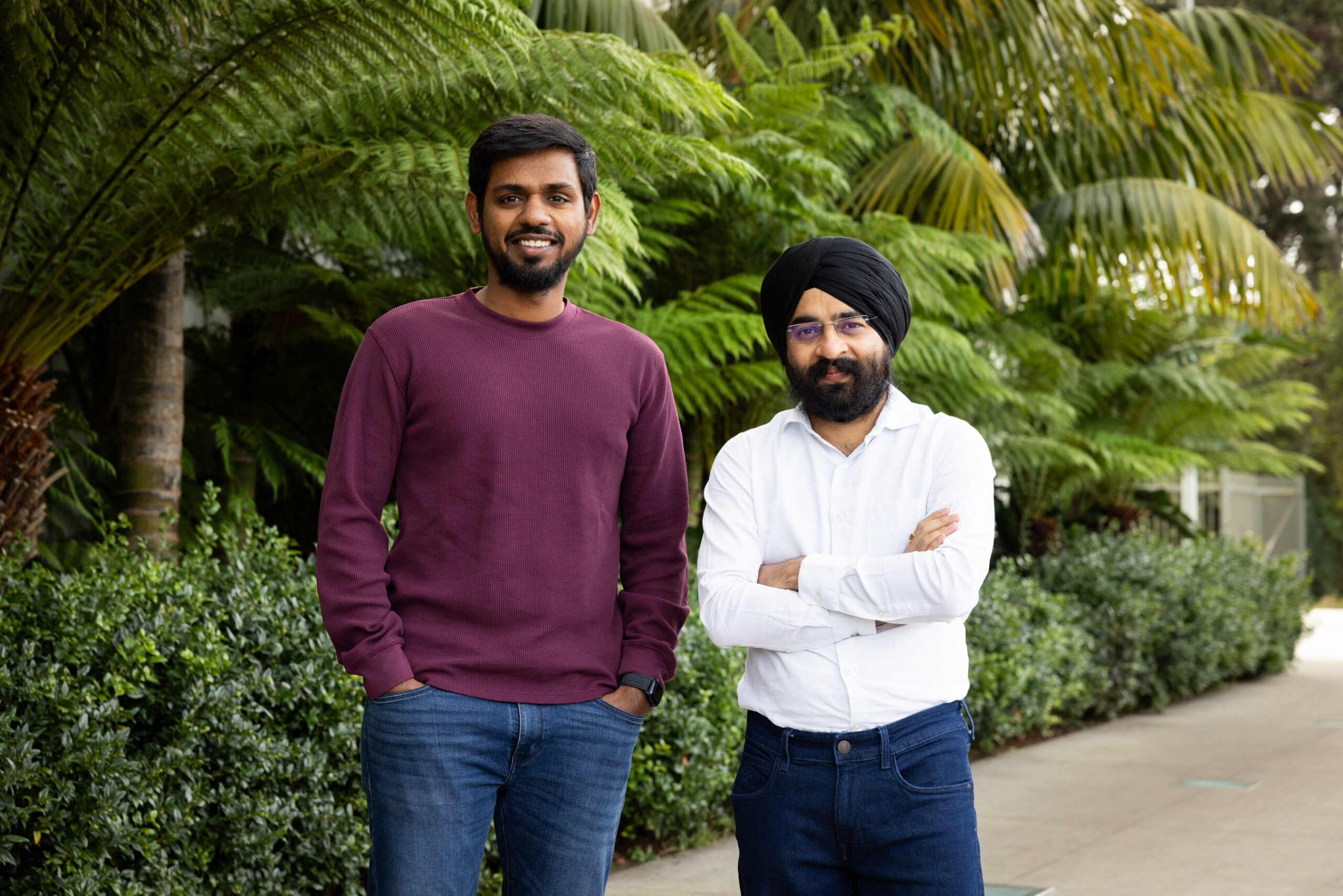In an era defined by widening labour shortages and structural mismatches, the Birmingham‑based startup VeroSkills has quietly emerged with ambition. With a newly announced US $5.3 million funding round led by Yonder Ventures alongside Circadian Ventures and Motivate Ventures, VeroSkills is doubling down on its mission: deploy AI‑driven staffing to meet the looming blue‑collar labour shortfall.
According to the company, for every five workers exiting blue‑collar roles, only two are stepping in — a dynamic underpinning a US$1 trillion cost to the economy. VeroSkills says it has addressed this gap by matching employers with millions of pre‑screened, ready‑to‑work candidates drawn from immigrant, refugee and underserved communities — delivering placements in roughly 48 hours and boasting retention rates two to three times higher than traditional channels.
“We believe what staffing and recruitment agencies accomplish in weeks and months, we can deliver in days and hours,” says CEO and founder Daniel Walsh. “Given the severity of the labour crisis, there’s no time to waste. There are millions of excellent workers being overlooked by traditional recruiting methods, and VeroSkills has created an effective, first‑of‑its‑kind platform that allows companies to confidently employ them. We’re built to infinitely scale, and I’m proud to work with our investors to reach our potential.”
What sets VeroSkills apart
At its core, VeroSkills blends AI‑based talent matching with human verification. The platform claims to offer employers:
Workers who are fully authorised to work across the U.S., EU or Canada from day one, removing visa‑sponsorship drag.
A lifecycle built for speed: job posted → candidate applies → automated screening → background check → onboarding paperwork → placement.
A workforce drawn from segments traditionally excluded or under‑leveraged in hiring markets: refugees, immigrants, underserved communities.
A value proposition aimed at small and medium‑sized enterprises (SMEs), which account for close to half of U.S. hiring yet are often underserved by legacy staffing agencies.
Colin Gardiner, founding partner at Yonder Ventures, characterises VeroSkills as “the next‑generation AI‑first labour marketplace capable of serving the long tail of small and medium‑sized businesses”. Through multilingual interviewing (52 languages) and an AI engine assessing experience, reliability and retention‑probability, he adds, it opens up “millions of workers and employers who were previously invisible to each other.”
Funding round and growth trajectory
With the fresh US$5.3 million capital injection, VeroSkills will be accelerating growth — the company reports contracting US$15 million in annual recurring revenue in the six weeks post‑funding. The investor roster also includes Colchuck and Tony Summerville (founder of Fleetio) as participants.
Earlier investors include Eagle Venture Fund, Alumni Ventures and others (via seed rounds) — signalling that VeroSkills has been gathering momentum beyond the headline grabbers.
Market context and the blue‑collar crunch
The challenge VeroSkills is engaging is substantial. Sectors such as manufacturing, logistics, construction and skilled trades in the U.S. are facing mounting shortages. While automation and robotics are cited as future disruptors, today the problem is human: “hard‑to‑find reliable talent,” high agency fees, long time–to–hire.
The company points to projected millions of unfilled skilled‑blue‑collar jobs by 2030 — and argues that its AI‑enabled matching plus access to under‑leveraged labour pools creates a differentiated solution.
Editorial perspective: what lies ahead
VeroSkills’ proposition is compelling: speed, scale, retention and access to workers that many firms overlook. Its niche — blue‑collar hiring via an AI staffing engine — is less crowded than white‑collar talent marketplaces, and the addressable market is enormous.
However, scaling in this domain presents unique challenges. Blue‑collar roles often involve geographic specificity, regulatory/licensing requirements, variable shift patterns and different cultural onboarding needs compared to office roles. VeroSkills will need to ensure its AI‑matching logic accommodates such nuances reliably. Further, retention claims (2–3× higher) need long‑term validation across geographies and sectors — because blue‑collar turnover patterns vary widely.
From an investor‑perspective, the US$5.3 million round is a solid signal but the real question will be how VeroSkills converts that investment into deeper vertical penetration (manufacturing, logistics, construction), geographic coverage, and sustained unit economics. If the company can standardise its offering for SMEs (a difficult segment) and maintain low time‑to‑hire while controlling acquisition costs, scale-out may be rapid.
Strategically, VeroSkills could become a platform of choice for companies tackling labour shortages and seeking ‘hidden’ talent pools (immigrants, refugees, underserved). But the ecosystem is evolving: regulatory shifts (immigration, labour laws), macroeconomic headwinds (manufacturing slow‑downs) and competition (traditional staffing firms digitising) could reshape the terrain.
In conclusion, VeroSkills is a forceful entrant into a high‑friction yet vast segment of the labour market. Its mission‑driven story (serving immigrants/refugees) adds authenticity and may help with brand trust. But execution will define success: building regional operations, tuning AI to craft‑specific jobs, delivering on retention metrics, and expanding its geographic footprint without ballooning costs will be the test. For now, it stands at an interesting inflection point — one to watch.
If you need further assistance or have any corrections, please reach out to editor@thetimesmag.com. For more such articles visit www.thetimesmag.com











